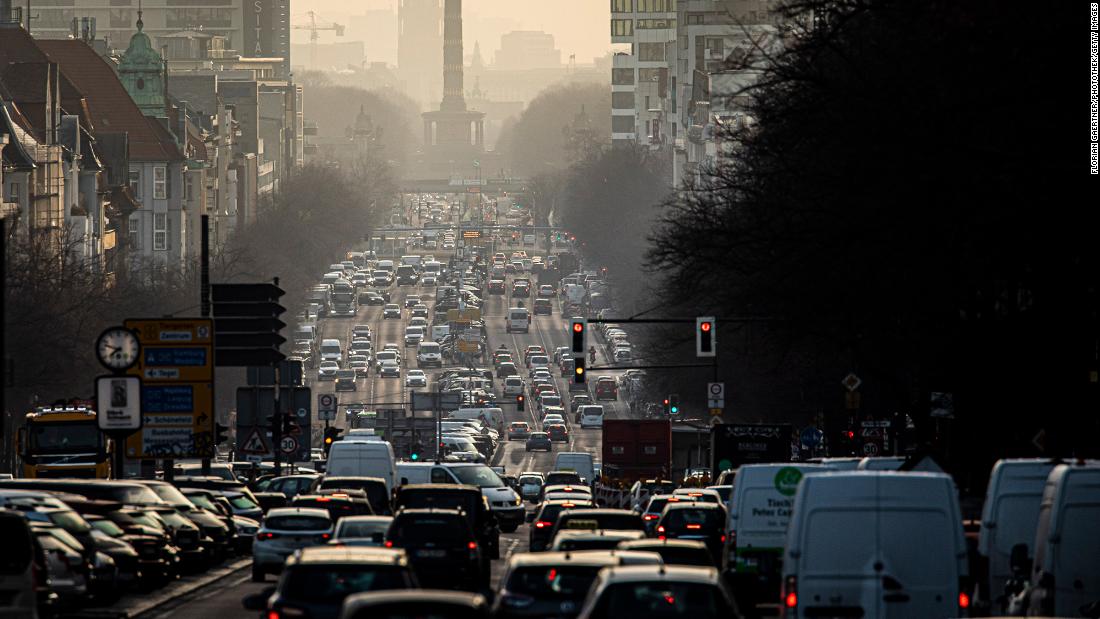
“This is a serious warning that the economic recovery from the Covid crisis is now anything but sustainable for our climate,” CEO Fatih Birol said in a statement. “If governments around the world do not move quickly to start reducing emissions, we are likely to face an even worse situation in 2022.”
The Paris group is sounding the alarm before 40 world leaders gather later this week for a two-day virtual summit on the climate crisis convened by President Joe Biden. Birol called it “a critical moment for engaging in clear and immediate action.”
As countries around the world were blocked last year and people were instructed to stay home to limit Covid-19 infections, emissions dropped dramatically.
But any climate benefit of the pandemic seems to be short-lived. The IEA estimates that global energy demand will increase by 4.6% in 2021 and exceed 2019 levels, fueled by rising energy consumption in developing economies and emerging markets.
Energy emissions are expected to end the year just below the level they were in 2019, reversing 80% of the decline in 2020.
A resurgence of coal use is particularly worrying, with demand approaching its peak in 2014 this year.
China is expected to account for 50% of the increase in global coal demand. Use in the United States and Europe is also growing, but is expected to remain “well below pre-crisis levels.”
Earlier this week, UN Secretary-General António Guterres called on developed countries to phase out the use of coal by 2030 and end construction of new coal-fired power plants.
Meanwhile, electricity demand is expected to grow the fastest in more than a decade.
But there is some good news: more than half of the increase in global electricity supply will come from renewable sources in 2021, driven in part by rising solar and wind energy production in China.
AIE estimates are subject to “major uncertainty”, given the lack of clarity on the trajectory of Covid-19 infections and vaccinations. If travel recovers earlier than expected, for example, energy demand will increase even more.
– Luke McGee and Sarah Dean contributed to this article.